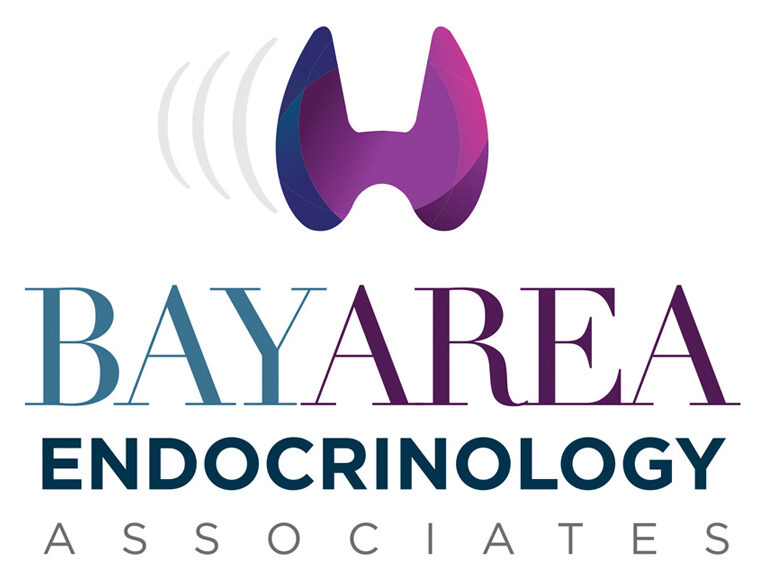The thyroid gland, a small, butterfly-shaped organ located at the base of your neck, plays a pivotal role in your body’s endocrine system. Despite its size, the thyroid is mighty, influencing virtually every cell, tissue, and organ in your body. This gland produces hormones critical for metabolism, energy regulation, and overall well-being. Understanding thyroid function is the first step in recognizing the importance of thyroid health.
What is the Thyroid and What Does It Do?
The thyroid gland produces two main hormones: triiodothyronine (T3) and thyroxine (T4). These hormones regulate the body’s metabolic rate, affecting heart rate, body weight, muscle strength, and even cholesterol levels. The thyroid’s operation is under the control of the pituitary gland, which releases thyroid-stimulating hormone (TSH) to prompt hormone production. This feedback loop ensures your body maintains a delicate balance of thyroid hormones.
The Importance of Thyroid Hormones
Thyroid hormones are indispensable for normal growth and development. They play a crucial role in brain development during infancy and childhood. For adults, these hormones maintain brain function, food metabolism, and body temperature regulation, among other vital processes. An imbalance in thyroid hormone levels can lead to various health issues, underscoring the importance of a well-functioning thyroid.
Symptoms of Thyroid Dysfunction
Thyroid dysfunction can manifest in multiple ways, depending on whether the gland is underactive (hypothyroidism) or overactive (hyperthyroidism). Common symptoms include:
– Hypothyroidism: Fatigue, weight gain, cold intolerance, constipation, dry skin, and hair loss.
– Hyperthyroidism: Weight loss, rapid heartbeat, increased appetite, sweating, nervousness, and tremors.
Recognizing these symptoms early and consulting with a healthcare provider can lead to prompt diagnosis and treatment.
Factors Affecting Thyroid Health
Several factors can impact thyroid health, including:
– Autoimmune diseases: Conditions like Hashimoto’s thyroiditis and Graves’ disease can lead to hypothyroidism or hyperthyroidism, respectively.
– Iodine intake: Both too little and too much iodine can disrupt thyroid function.
– Genetics: Family history can play a role in one’s risk of developing thyroid disorders.
– Environmental factors: Exposure to certain chemicals and pollutants can affect thyroid health.
Maintaining Thyroid Health
Maintaining thyroid health involves a combination of regular check-ups, a balanced diet, and being aware of risk factors. If you experience symptoms of thyroid dysfunction, it’s essential to seek medical advice. Early detection and treatment can prevent the progression of thyroid disease and maintain quality of life.
The Role of Diet in Thyroid Health
While no diet can cure thyroid disease, certain dietary choices can support thyroid health and alleviate symptoms. Consuming a balanced diet rich in fruits, vegetables, and lean proteins can help. It’s also important to monitor iodine intake, as it’s crucial for thyroid hormone production.
Need To See A Thyroid Doctor Today?
The thyroid may be small, but its impact on your health is immense. Understanding the basics of thyroid function and the importance of maintaining thyroid health are key steps in preventing thyroid-related health issues. By recognizing the symptoms of thyroid dysfunction and adopting a lifestyle that supports thyroid health, you can ensure this vital gland continues to work effectively for you.







